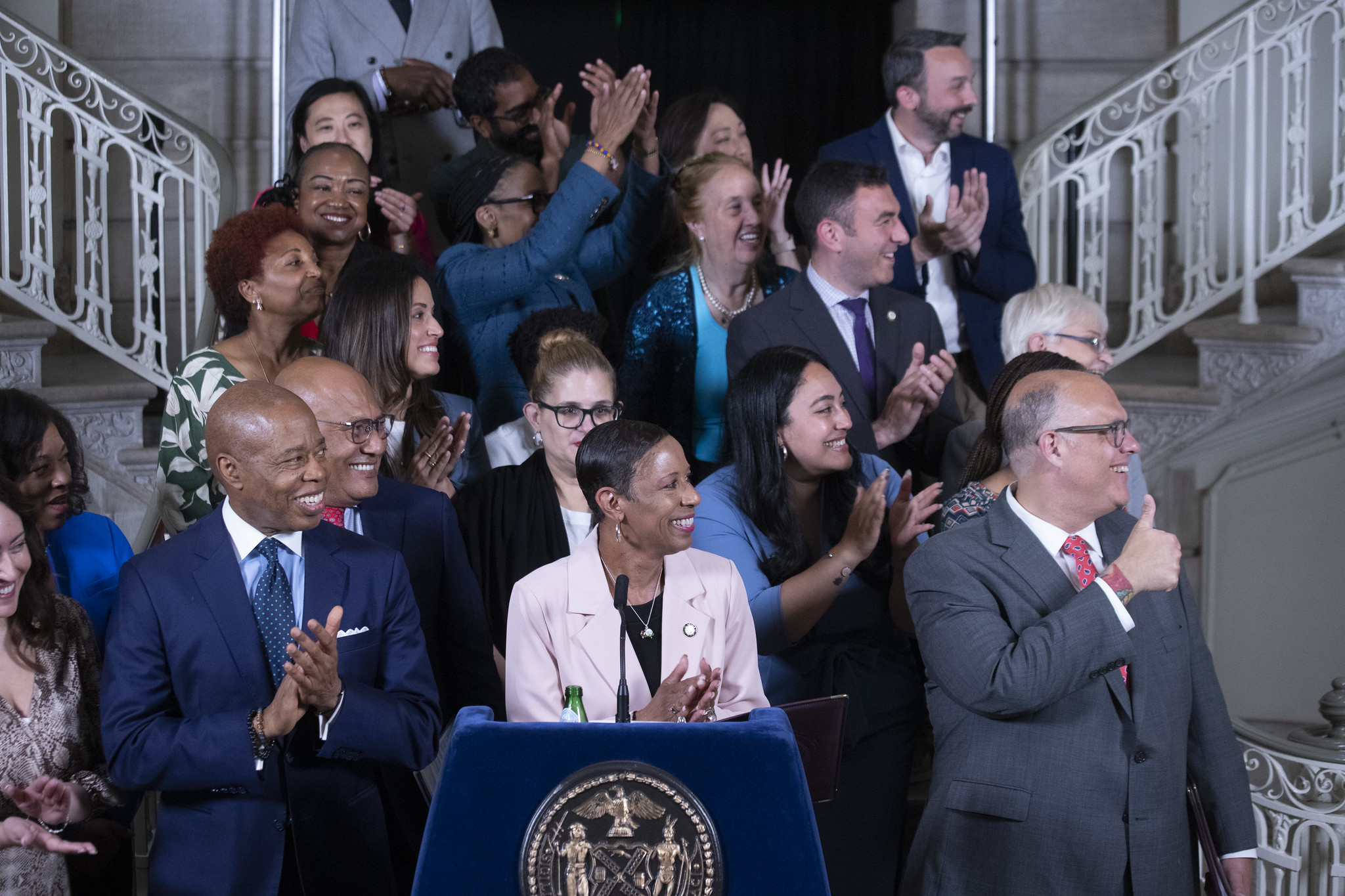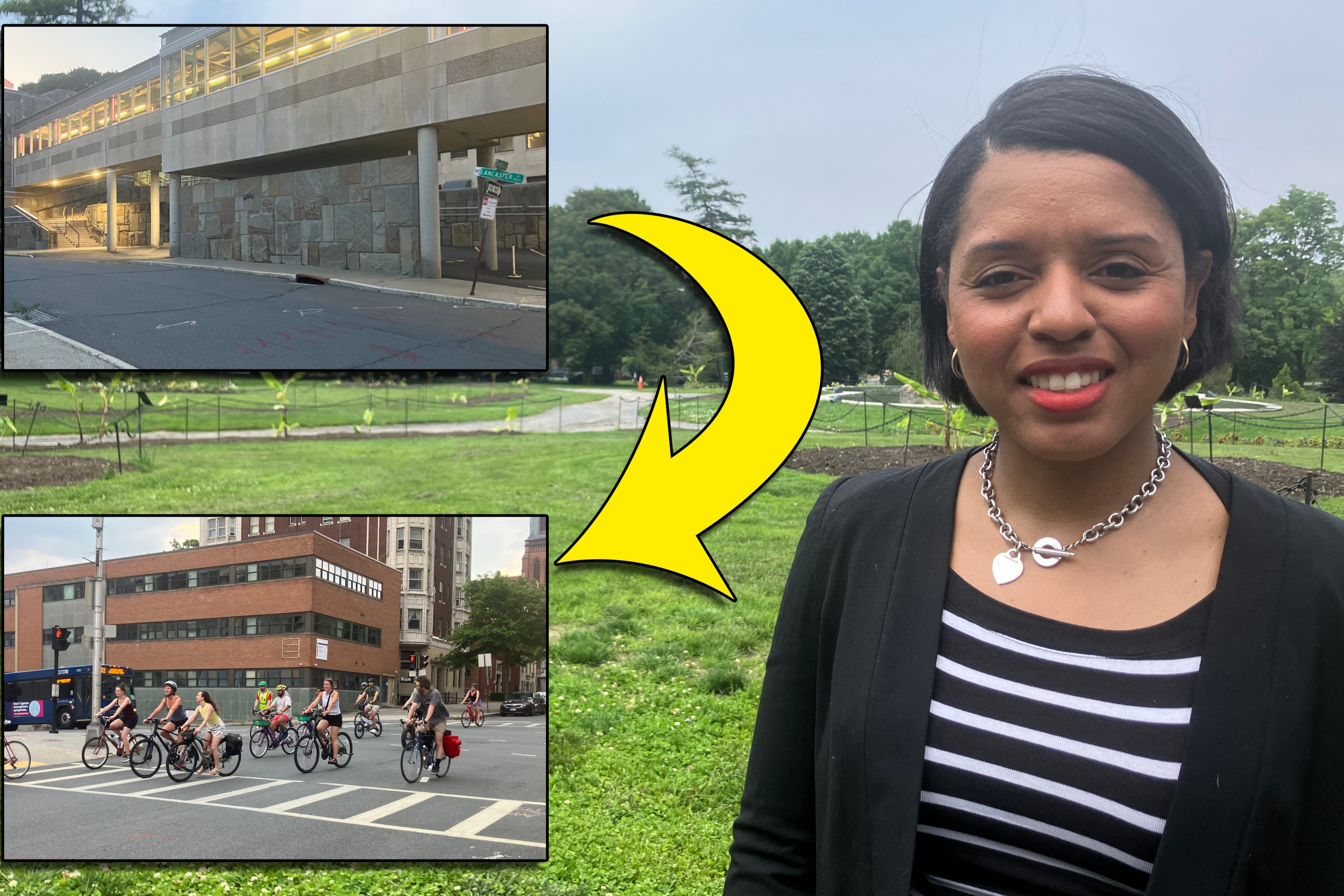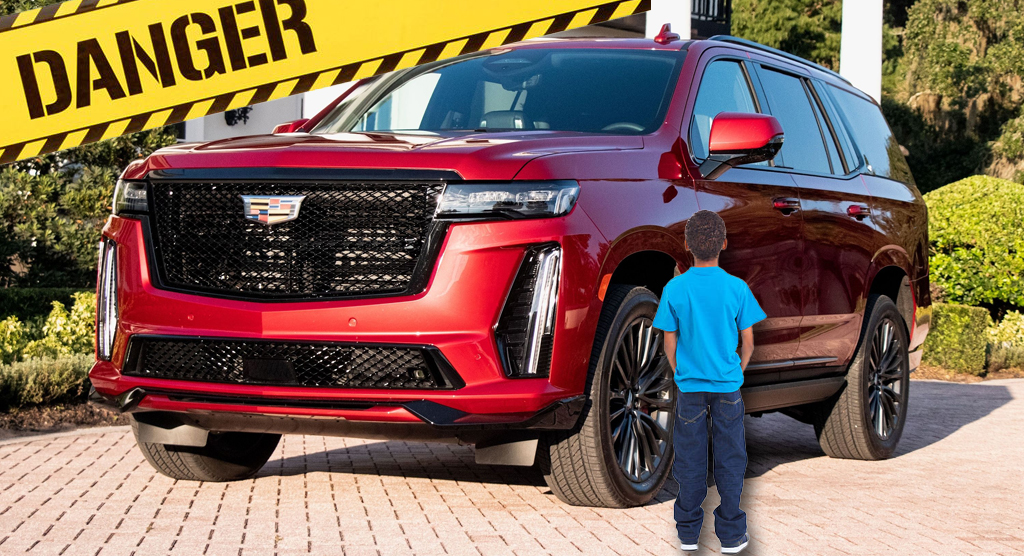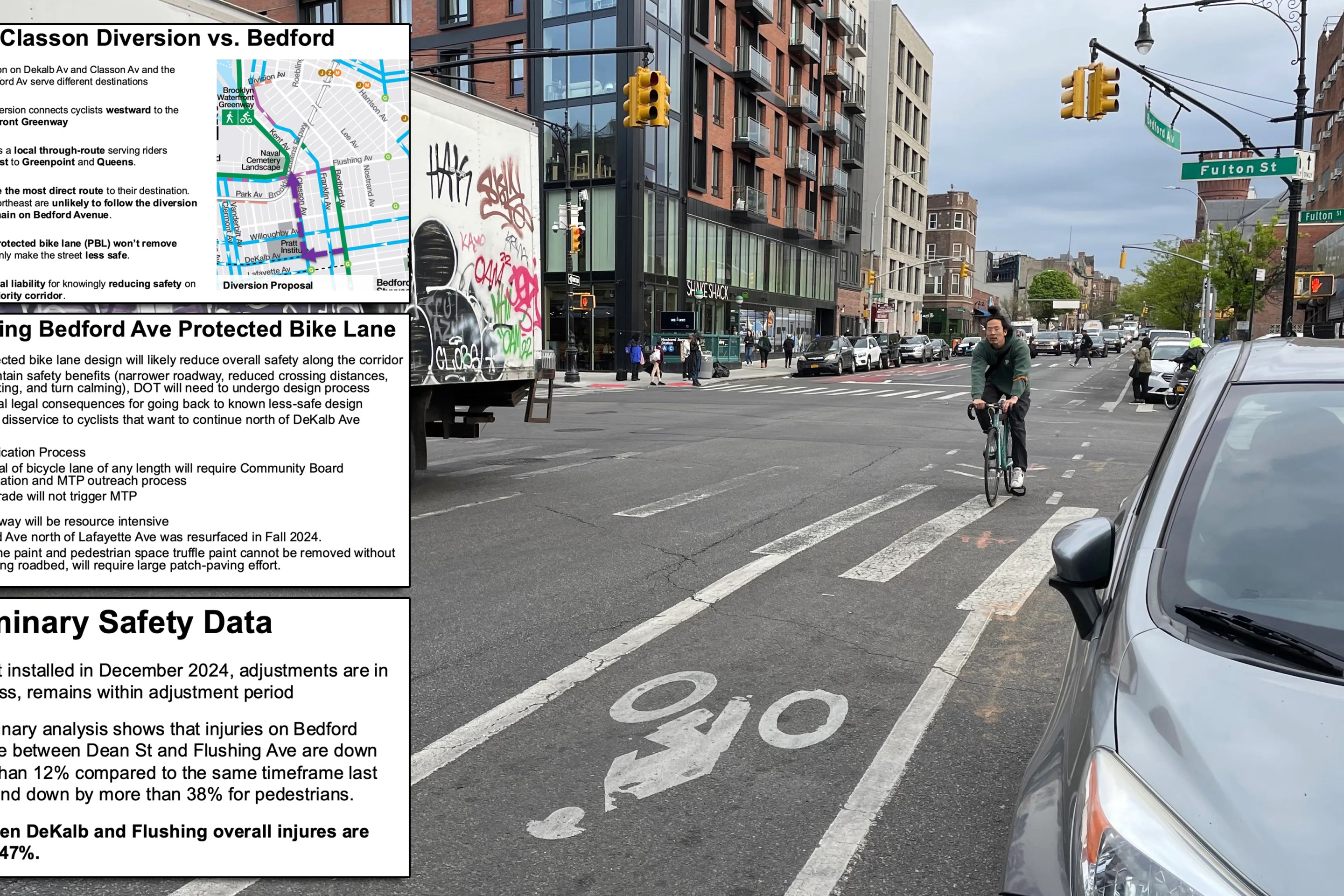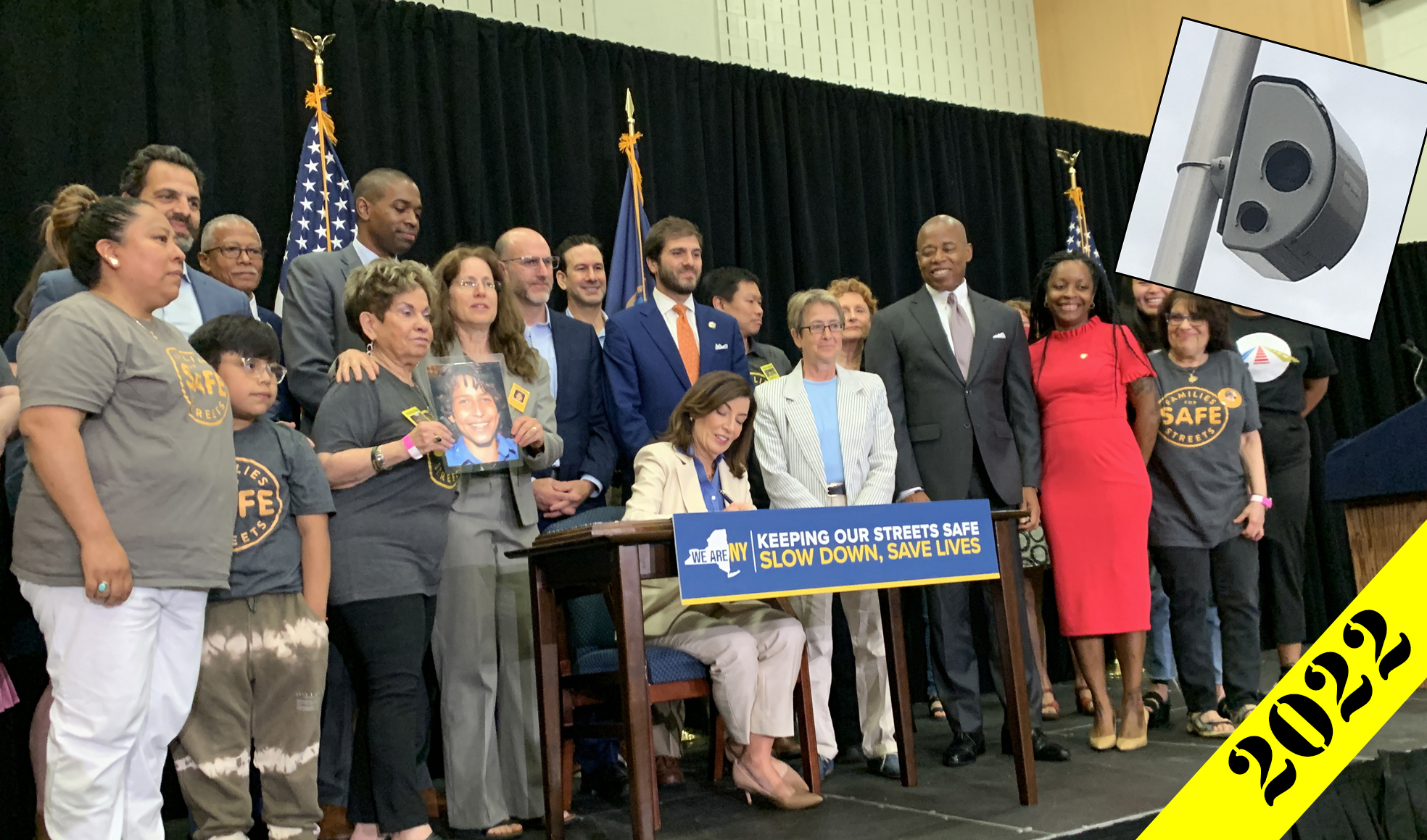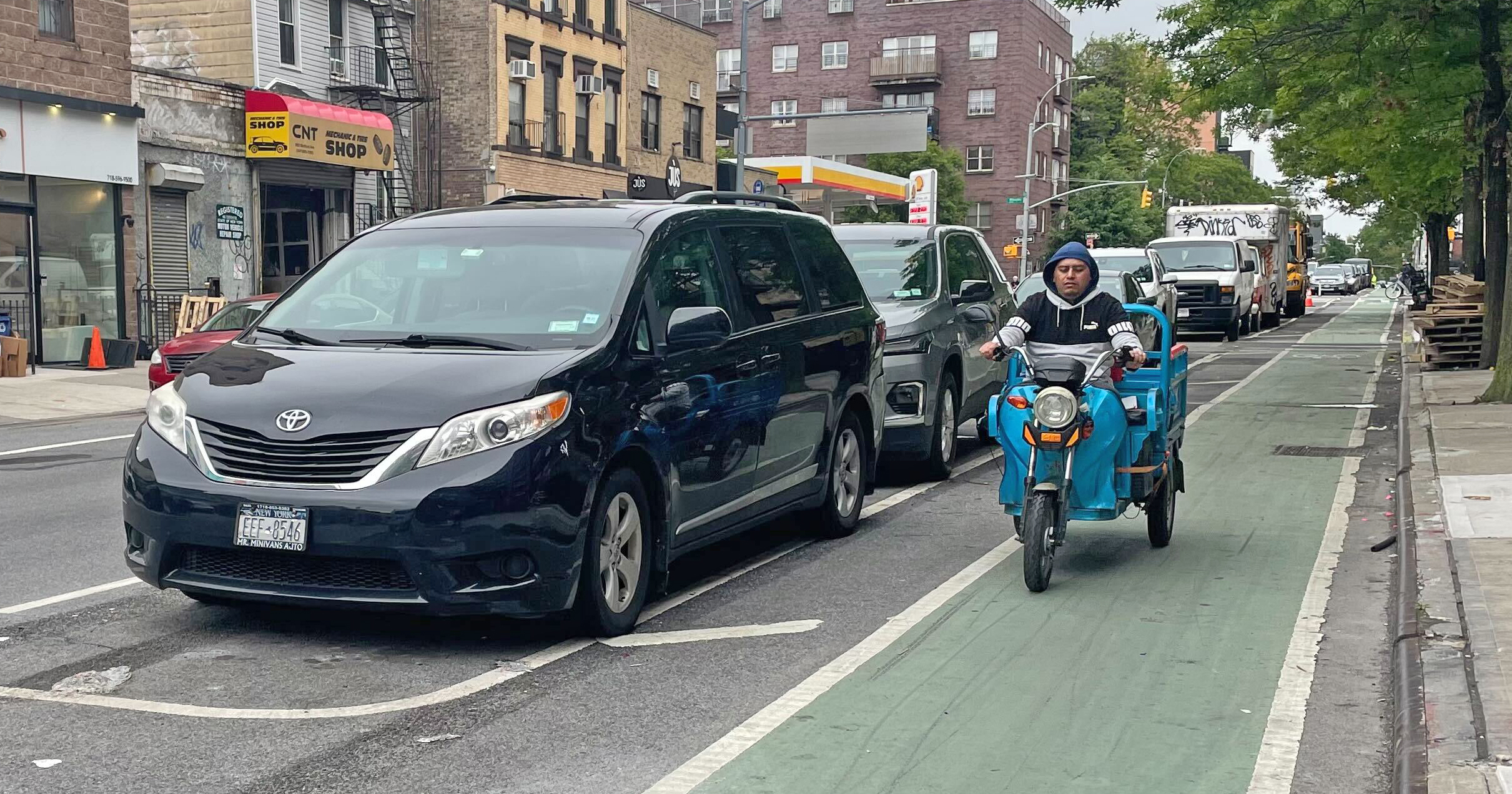Conservative columnist George Will's angry screed against the Obama administration's transportation policy is worth digging into this morning -- not just to bring one's blood to a healthy boil, but also to provide a window on the lack of coherent opposition to expanding transit options and diminishing auto dependence.
 George Will (Photo by newsweek.com)
George Will (Photo by newsweek.com)Will writes of his horror at discovering that Transportation Secretary Ray LaHood, a fellow Republican, is committed to giving Americans the choice of commuting by bike or train:
[LaHood] knows what plays in Peoria, and not just figuratively: He is from there. Peoria is a meatloaf, macaroni-and-cheese, down-to-earth place, home of Caterpillar, the maker of earthmoving machines for building roads, runways, dams and things.
LaHood, however, has been transformed. He says he has joined a "transformational" administration: "I think we can change people's behavior." Government "promoted driving" bybuilding the Interstate Highway System—"you talk about changingbehavior." He says, "People are getting out of their cars, they arebiking to work." High-speed intercity rail, such as the proposed bullettrain connecting Los Angeles and San Francisco, is "the wave of thefuture." And then, predictably, comes the P word: Look, he says, at Portland, Ore.
Will depicts LaHood as a traitor for daring to believe that "0.01 percent of Americans will ever regularly bike to to work" (actually, George, the real percentage of bike commuters is more than 100 times that) and that inter-city rail is possible for cities more than 300 miles apart (er, the Midwest Regional Rail Initiative has mapped out a 10-state rail network with a 400-mile reach).
The saddest aspect of Will's critique, however, isn't his lashing out at LaHood. He willfully ignores the fact that the highway industry benefits from unprecedented government intervention and an uneven playing field that discourages transit projects while subsidizing roads.
The Witherspoon Institute explored this theme last month in an essay that asked conservatives to re-think their longtime resistance to transit. Even the right-leaning Free Congress Foundation has done the legwork to
show that transit powerfully expands individual freedom -- a central
tenet of the brand of conservatism that Will espouses. One wonders why he can recognize government intervention on behalf of domestic automakers but ignore the same gesture when it's made on behalf of the road lobby.
It seems that Will would rather complain about Lyndon Johnson's 45-year-old Great Society, which brought us Medicare and Medicaid, than consider an America where technology can be harnessed to improve both our health and our planet's. But there's an upside: If Will's arguments are a preview of future congressional opposition to expanding transit, high-speed rail is headed for victory.
